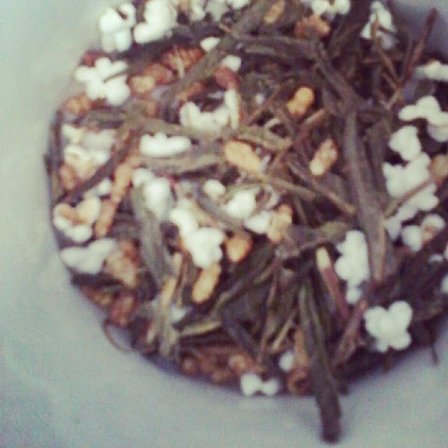Eating the Tea: A New Culinary Perspective
Some prefer a hot or cold tea beverage, some prefer it in a food item. There are many benefits to eating tea!

Most people think of tea in a simple way: as a beverage to be enjoyed hot or cold. Did you know that a collective few choose to infuse their tea in foods? There is some good science behind the practice: teas that are married into various foods have the benefit of not only enriching those foods with flavor, but as also imparting the healing benefits of tea into the food.
We are all aware of the many benefits that make up a single cup of tea but have yet to discover all of the healing properties that tea leaves bring forth when blended together in a food such as a bread or soup.
Cynthia Gold and Lise Stern, authors of Culinary Tea: More than 150 Recipes Steeped in Tradition From Around The World, speak of how their love for tea expanded into much more after Cynthia opened her restaurant-cafe in Cambridge Massachusetts. As a chef, Cynthia crafted foods that went well with tea.
It wasn't long after that she infused different teas in these different, delicious foods, most of which you will find in her best selling book, Culinary Tea: More than 150 Recipes Steeped in Tradition From Around The World. According to their book, it has been discovered that the earliest tradition in China was that the Chinese actually used the tea as food rather than a drink.
From desserts to appetizers, a teaspoon of a traditional tea (any traditional tea), was added to enhance flavor and promote a healthy lifestyle. Green and Oolong teas were added to foods in Chinese bakeries. In Japan, many sweets are infused with Matcha, a fine, bright green powder.
Foods that have tea infused in them aren't the only option. According to The Linus Pauling Institute, studies show that in humans, a daily consumption of at least 3 cups of tea may decrease in the risk of myocardial infarction (heart attack) by 11%.
Some research shows that tea consumption may be linked to fewer cavities and a lower risk of kidney stones. Animal studies show a significant decrease in cancers such as of the skin, lung, mouth, esophagus, stomach, colon, pancreas, bladder and prostate when given certain amounts of tea.
Sources
Linus Pauling Institute; Tea; Jane Higdon, Ph.D., et al.
Culinary Tea: More than 150 Recipes Steeped in Tradition From Around The World, Authors Cynthia Gold and Lise Stern, Running Press Book Publishers ISBN 978-0-7624-3773-3